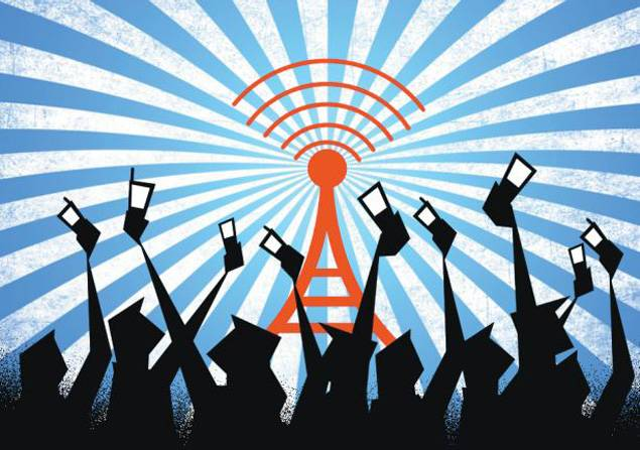
How does internet access improve lives in developing countries?
Internet access can help to improve access to information, opportunities, and services, and can contribute to the overall well-being and development of communities in developing countries. Five examples include:
- Education: Internet access can provide people in developing countries with access to a wealth of educational resources, including online courses, educational videos, and other materials. This can help to improve the quality of education and expand opportunities for learning, especially for people in remote or underserved areas.
- Employment: Internet access can help people in developing countries to find and apply for jobs, as well as connect with potential employers and clients. It can also enable people to start and run their own businesses, providing a source of income and economic opportunities.
- Healthcare: Internet access can provide access to health information and resources, including telemedicine services, which can improve access to healthcare and lead to better health outcomes.
- Communication: Internet access can help people to stay connected with friends and family, and to access news and information from around the world. It can also facilitate the exchange of ideas and facilitate collaboration with others.
- Political participation: Internet access can provide a platform for people to engage in political discourse and participate in the democratic process, helping to promote transparency and accountability in governance.
Apply Now: $1.7 Million in Grants for Internet Infrastructure and Inclusion
The challenges of improving Internet growth are multi faceted and interrelated, particularly in developing countries. They include technical skills and knowledge,...
Apply Now: $1,150,000 USAID Grant Funding for Digital Economy Solutions
To improve the lives of millions of low income and vulnerable people throughout the world, we need to support the development of open, inclusive, and secure digital...
Apply Now: $550,000 Internet Access Grants in Latin America and Caribbean
According to the United Nations, access to the Internet has become a fundamental aspect for the full exercise of our human rights. Internet access gives us information...
Successful Low-Tech Educational Solutions in COVID-19 Digital Response
The COVID-19 pandemic paralyzed education systems worldwide; at one point, school closures forced over 1.6 billion learners out of classrooms. While smaller in...
Online Harassment of Girls and Young Women Must Stop
Internet access, and safety online, is fundamentally a human rights issue and an important indicator of gender equality. During the COVID-19 digital response, being...
The ICT4D Guilty Pleasure: Reinventing Digital Wheels for Donors
We are all familiar with the concept of reinventing the flat tire in digital development. That’s when we repackage a known failure as new innovation, usually...
Status of Government Policy Progress on Internet Connectivity Prices
COVID-19 digital response has laid bare the scale and consequences of the digital divide and underlined the urgent need to find solutions to digital inequality.
Governments...
$180 Billion Internet Economy Opportunity in African Countries
Throughout the global pandemic, Africa’s Internet economy is proving resilient, as digital startups across the continent devise innovative COVID-19 digital response...
New UNESCO Report: How to Deploy EduTech in Post-COVID‐19 Schools
The COVID-19 digital response has shown the huge potential of educational technologies to support better and more extensive education and learning. However, it...
Apply Now: $5,000 Grants to Stop Internet Shutdowns in African Countries
Internet shutdowns are one of the most extreme and draconian censorship tactics that a government can use to control civil discourse. Internet access shutdowns...











